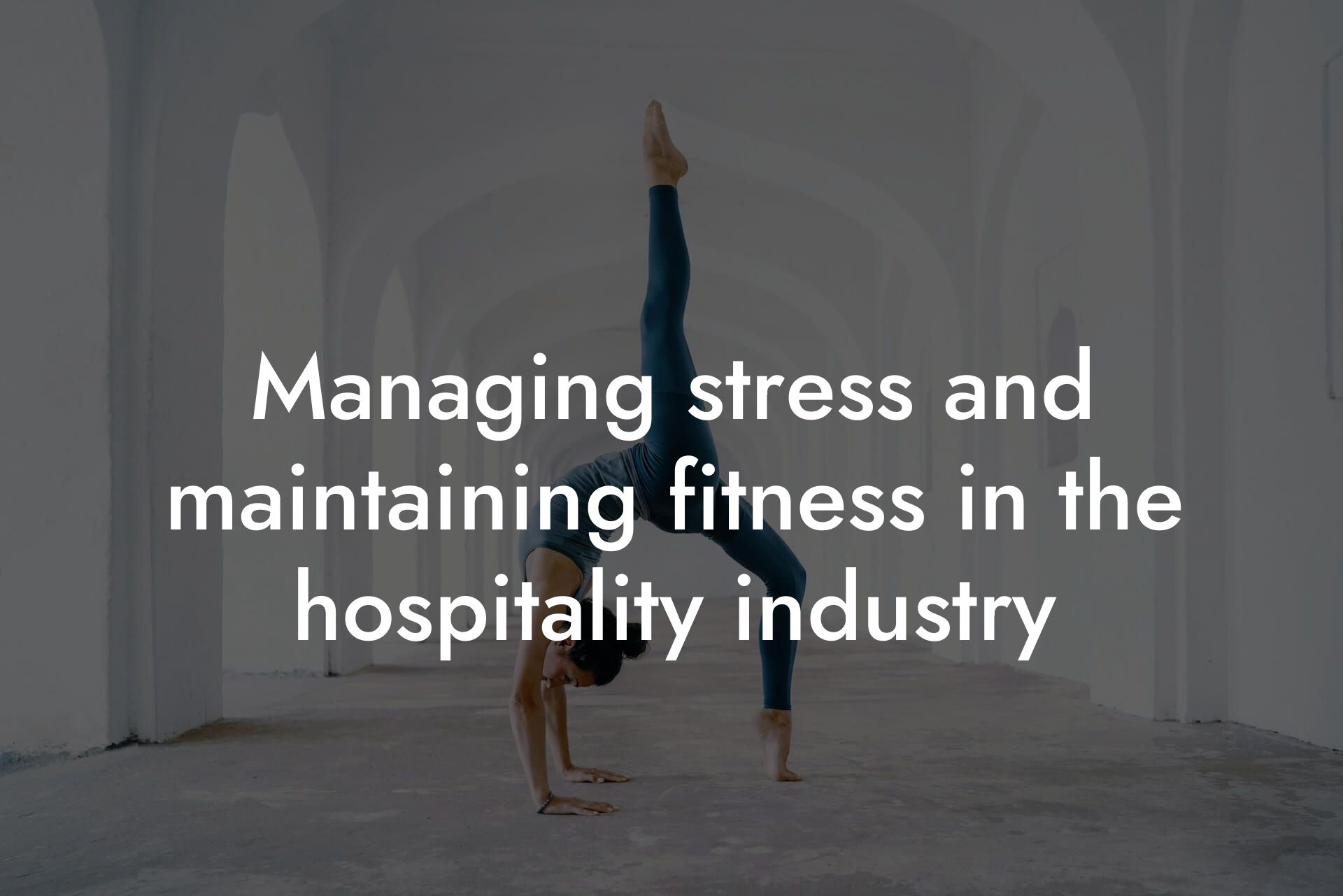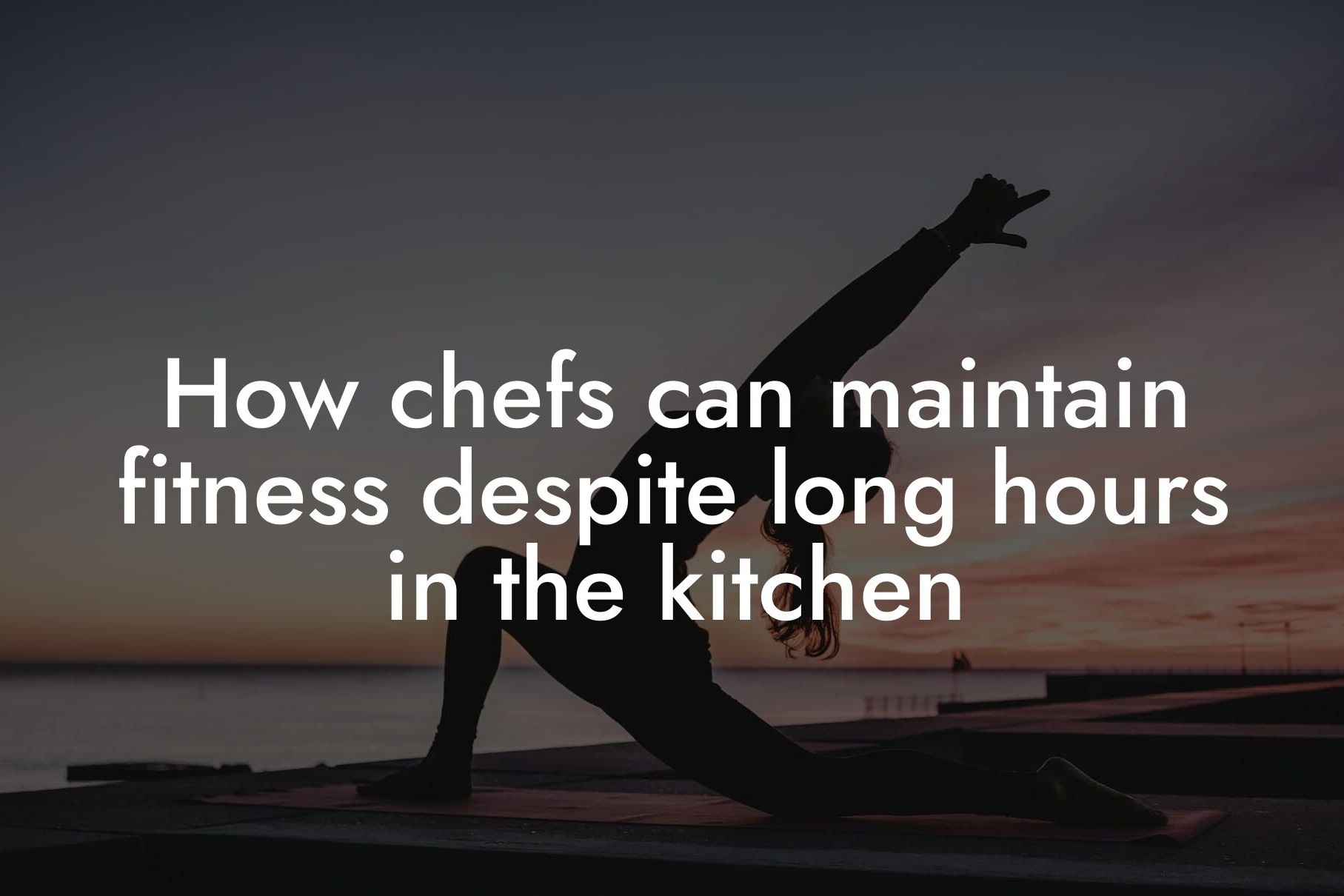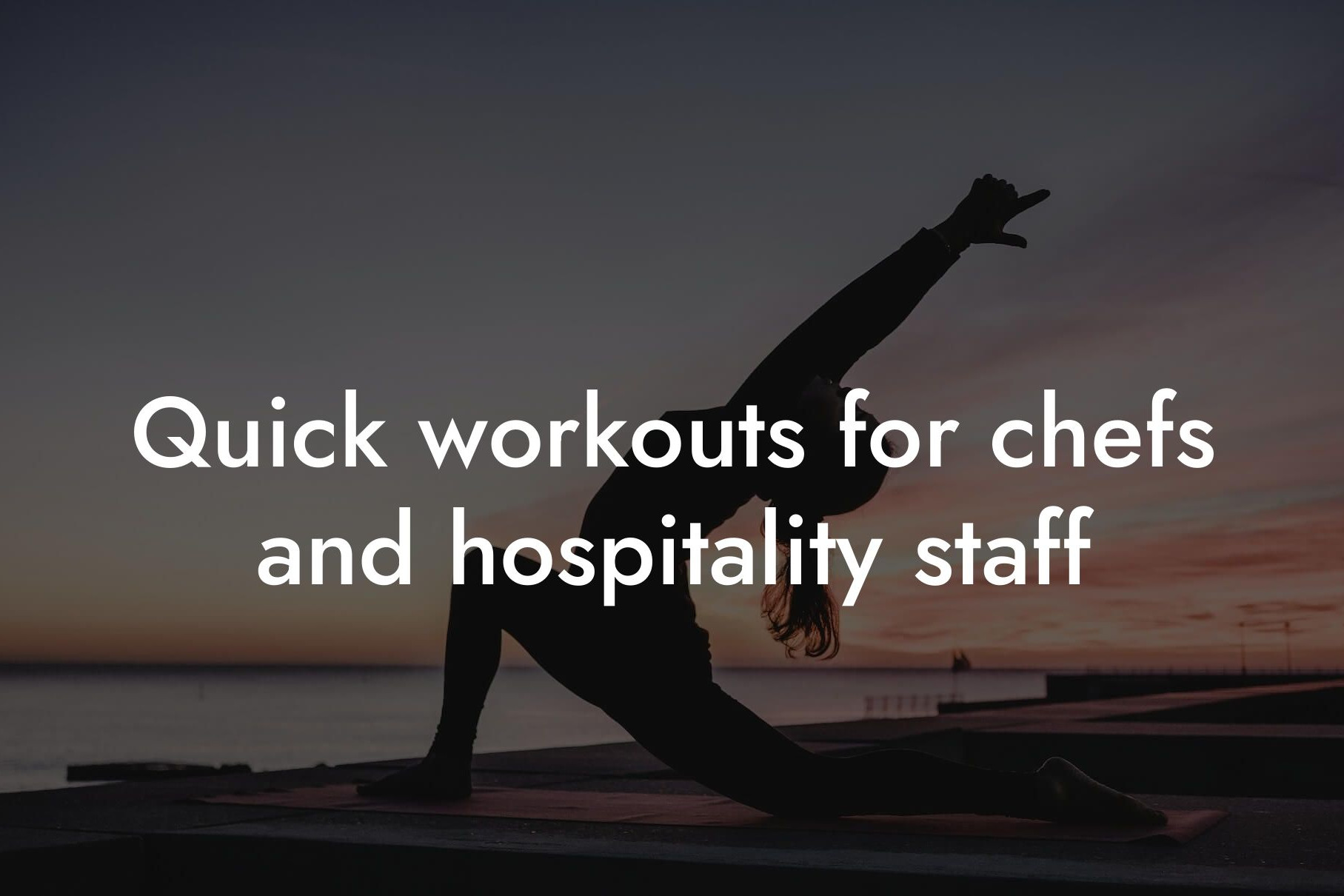As a high-earning professional, you understand the importance of maintaining a healthy physique to excel in your career. But did you know that your physical health can also have a significant impact on your creativity in the culinary arts? In this article, we'll explore the intricate relationship between physical health and creativity, and how optimizing your physical well-being can take your culinary skills to the next level.
Table of Contents
- The Science Behind Creativity and Physical Health
- The Role of Body Composition in Culinary Creativity
- The Importance of Bone Density in Culinary Performance
- How DEXA Scans Can Help Culinary Professionals
- The Impact of Nutrition on Culinary Creativity
- Physical Activity and Culinary Creativity
- Practical Tips for Improving Physical Health and Culinary Creativity
- Frequently Asked Questions
The Science Behind Creativity and Physical Health
Research has shown that there is a strong correlation between physical health and cognitive function, including creativity. When our bodies are healthy, our brains are better equipped to think outside the box, make connections, and generate new ideas. This is because physical exercise and a balanced diet increase blood flow to the brain, boosting neurotransmitters like dopamine and serotonin, which are essential for creative thinking.
In contrast, a sedentary lifestyle and poor nutrition can lead to decreased cognitive function, making it more challenging to come up with innovative ideas and solutions. This is especially true for chefs and culinary professionals, who rely heavily on their creativity to develop new recipes, menus, and presentation styles.
The Role of Body Composition in Culinary Creativity
Body composition, including body fat percentage, muscle mass, and bone density, plays a critical role in overall physical health. When we have a healthy body composition, our energy levels are higher, and our brains are more focused and alert. This, in turn, can enhance our creativity and problem-solving skills.
For example, a study published in the Journal of the Academy of Nutrition and Dietetics found that individuals with a higher percentage of body fat were more likely to experience cognitive decline and decreased creativity. On the other hand, individuals with a healthy body composition, including a balanced ratio of muscle mass to body fat, were more likely to exhibit improved cognitive function and creative thinking.
The Importance of Bone Density in Culinary Performance
Bone density is often overlooked as a critical component of physical health, but it plays a vital role in overall wellness and cognitive function. When our bones are strong and dense, our bodies are better equipped to support our physical and mental demands.
In the culinary arts, strong bones are essential for withstanding the physical demands of the kitchen, including long hours on your feet, heavy lifting, and repetitive movements. When our bones are weak or brittle, we're more likely to experience fatigue, pain, and decreased mobility, which can negatively impact our creativity and performance.
How DEXA Scans Can Help Culinary Professionals
At Tano Performance Group, we understand the importance of body composition and bone density in overall physical health and cognitive function. That's why we offer DEXA scans, a non-invasive and highly accurate assessment tool that provides a comprehensive picture of your body composition, including body fat percentage, muscle mass, and bone density.
With a DEXA scan, you'll gain valuable insights into your physical health, including areas for improvement and optimization. Our team of experts will work with you to develop a personalized plan to improve your body composition, boost your energy levels, and enhance your creativity and cognitive function.
The Impact of Nutrition on Culinary Creativity
Nutrition plays a critical role in physical health and cognitive function, including creativity. When we fuel our bodies with a balanced diet rich in whole foods, fruits, vegetables, and lean proteins, we're providing our brains with the necessary building blocks for creative thinking.
On the other hand, a diet high in processed foods, sugar, and unhealthy fats can lead to decreased cognitive function, including reduced creativity and problem-solving skills. This is because a poor diet can lead to inflammation, oxidative stress, and decreased blood flow to the brain.
Physical Activity and Culinary Creativity
Regular physical activity is essential for overall physical health and cognitive function, including creativity. When we engage in regular exercise, we're improving blood flow to the brain, boosting neurotransmitters, and increasing our energy levels.
In the culinary arts, physical activity can also help improve fine motor skills, hand-eye coordination, and overall dexterity, all of which are essential for cooking, plating, and presenting dishes. By incorporating regular physical activity into your routine, you can enhance your creativity, improve your cooking skills, and reduce your risk of injury.
Practical Tips for Improving Physical Health and Culinary Creativity
So, how can you optimize your physical health to enhance your creativity in the culinary arts? Here are some practical tips to get you started:
- Incorporate regular physical activity into your routine, including cardio, strength training, and flexibility exercises.
- Fuel your body with a balanced diet rich in whole foods, fruits, vegetables, and lean proteins.
- Get enough sleep and prioritize rest and recovery to allow your body and brain to recharge.
- Stay hydrated by drinking plenty of water throughout the day.
- Consider incorporating stress-reducing activities, such as meditation or yoga, into your routine to improve your mental clarity and focus.
- Get regular DEXA scans to track your body composition and bone density, and make adjustments to your diet and exercise routine as needed.
In conclusion, the impact of physical health on creativity in the culinary arts cannot be overstated. By prioritizing your physical well-being, including your body composition, bone density, nutrition, and physical activity, you can enhance your creativity, improve your cooking skills, and take your culinary career to the next level.
At Tano Performance Group, we're committed to helping high-earning professionals like you achieve optimal physical health and cognitive function. With our DEXA scans and personalized coaching, you'll gain the insights and tools you need to unlock your full creative potential and excel in the culinary arts.
Frequently Asked Questions
What is the connection between physical health and creativity in culinary arts?
Research has shown that there is a strong correlation between physical health and creativity in culinary arts. When chefs and cooks are physically healthy, they are more likely to be mentally sharp, focused, and inspired, leading to more innovative and creative dishes.
How does physical health affect cognitive function in culinary professionals?
Physical health has a direct impact on cognitive function, including attention, memory, and problem-solving skills. When culinary professionals are physically healthy, they are better able to focus, remember recipes, and think creatively, leading to more innovative and delicious dishes.
What are some common physical health issues that affect culinary professionals?
Culinary professionals are at risk for a range of physical health issues, including obesity, musculoskeletal disorders, and cardiovascular disease. These issues can impact their ability to work effectively in the kitchen, leading to decreased creativity and productivity.
How can culinary professionals maintain a healthy weight?
Maintaining a healthy weight is crucial for culinary professionals. This can be achieved through a balanced diet, regular exercise, and healthy habits such as getting enough sleep and managing stress. At Tano Performance Group, we provide resources and guidance to help high-earning professionals achieve their weight loss goals.
What is the impact of musculoskeletal disorders on culinary creativity?
Musculoskeletal disorders, such as carpal tunnel syndrome and tendonitis, can significantly impact a culinary professional's ability to work effectively in the kitchen. This can lead to decreased creativity and productivity, as well as increased frustration and burnout.
How can culinary professionals prevent musculoskeletal disorders?
Preventing musculoskeletal disorders requires a combination of proper ergonomics, regular exercise, and healthy habits. Culinary professionals can take steps to reduce their risk of injury by maintaining a healthy weight, taking regular breaks, and using proper lifting techniques.
What is the role of nutrition in supporting creativity in culinary arts?
Nutrition plays a critical role in supporting creativity in culinary arts. A diet rich in whole foods, fruits, and vegetables provides the brain with the necessary fuel to function at its best, leading to increased creativity and innovation.
How can culinary professionals fuel their brains for creativity?
Fueling the brain for creativity requires a diet rich in omega-3 fatty acids, antioxidants, and other essential nutrients. Culinary professionals can support their brain health by incorporating foods such as salmon, blueberries, and spinach into their diet.
What is the impact of stress on creativity in culinary arts?
Stress can have a significant impact on creativity in culinary arts, leading to decreased motivation, focus, and inspiration. Chronic stress can also lead to physical health issues, further impacting creativity and productivity.
How can culinary professionals manage stress?
Managing stress is crucial for culinary professionals. This can be achieved through relaxation techniques such as meditation and deep breathing, as well as healthy habits such as regular exercise and getting enough sleep.
What is the role of sleep in supporting creativity in culinary arts?
Sleep plays a critical role in supporting creativity in culinary arts. During sleep, the brain processes and consolidates information, leading to increased creativity and innovation.
How can culinary professionals prioritize sleep?
Prioritizing sleep requires a commitment to establishing a consistent sleep schedule, creating a relaxing sleep environment, and avoiding stimulating activities before bedtime. At Tano Performance Group, we provide resources and guidance to help high-earning professionals prioritize their sleep.
What is the impact of physical activity on creativity in culinary arts?
Physical activity has been shown to have a positive impact on creativity in culinary arts. Regular exercise can increase blood flow to the brain, leading to increased inspiration and innovation.
How can culinary professionals incorporate physical activity into their daily routine?
Incorporating physical activity into daily routine can be achieved through a range of activities, including walking, jogging, and yoga. Culinary professionals can also incorporate physical activity into their workday by taking regular breaks to stretch and move.
What is the role of body fat in supporting creativity in culinary arts?
Excess body fat can have a negative impact on creativity in culinary arts, leading to decreased motivation and focus. Maintaining a healthy body fat percentage is crucial for supporting creativity and productivity.
How can culinary professionals maintain a healthy body fat percentage?
Maintaining a healthy body fat percentage requires a combination of a balanced diet and regular exercise. At Tano Performance Group, we provide resources and guidance to help high-earning professionals achieve their body fat goals.
What is the impact of bone density on creativity in culinary arts?
Bone density can have an impact on creativity in culinary arts, particularly for older culinary professionals. Maintaining strong bones is crucial for supporting overall health and well-being.
How can culinary professionals support their bone density?
Supporting bone density requires a combination of a diet rich in calcium and vitamin D, as well as regular exercise such as weightlifting and resistance training. At Tano Performance Group, we provide resources and guidance to help high-earning professionals support their bone density.
What is the role of hydration in supporting creativity in culinary arts?
Hydration plays a critical role in supporting creativity in culinary arts. Even mild dehydration can lead to decreased focus, motivation, and inspiration.
How can culinary professionals prioritize hydration?
Prioritizing hydration requires drinking plenty of water throughout the day, as well as incorporating hydrating foods such as cucumbers and watermelon into their diet.
What is the impact of digestive health on creativity in culinary arts?
Digestive health can have a significant impact on creativity in culinary arts. A healthy gut microbiome is crucial for supporting brain function and overall health.
How can culinary professionals support their digestive health?
Supporting digestive health requires a diet rich in fiber, fruits, and vegetables, as well as incorporating probiotics and other gut-friendly foods into their diet.
What is the role of mental health in supporting creativity in culinary arts?
Mental health plays a critical role in supporting creativity in culinary arts. Mental health issues such as depression and anxiety can significantly impact a culinary professional's ability to work effectively in the kitchen.
How can culinary professionals prioritize their mental health?
Prioritizing mental health requires a commitment to self-care, including relaxation techniques such as meditation and deep breathing, as well as seeking support from mental health professionals when needed.
What is the impact of nutrition on mental health in culinary professionals?
Nutrition can have a significant impact on mental health in culinary professionals. A diet rich in whole foods, fruits, and vegetables provides the brain with the necessary fuel to function at its best, leading to improved mental health and well-being.
How can culinary professionals support their mental health through nutrition?
Supporting mental health through nutrition requires a diet rich in omega-3 fatty acids, antioxidants, and other essential nutrients. Culinary professionals can support their mental health by incorporating foods such as salmon, spinach, and berries into their diet.
Here are some related articles you might love...
- Managing stress and maintaining fitness in the hospitality industry
- How chefs can maintain fitness despite long hours in the kitchen
- Quick workouts for chefs and hospitality staff
- The connection between physical fitness and guest satisfaction
- Balancing food tasting with personal fitness goals
- The importance of DEXA scans for culinary and hospitality professionals
- Nutrition tips for maintaining energy during long service hours
- How hospitality professionals can stay active during busy shifts
- The role of physical fitness in preventing kitchen-related injuries
Zak Faulkner
Zak Faulkner is a leading authority in the realm of physical health and body composition analysis, with over 15 years of experience helping professionals optimise their fitness and well-being. As one the experts behind Tano Performance Group, Zak has dedicated his career to providing in-depth, science-backed insights that empower clients to elevate their physical performance and overall health.
With extensive knowledge of DEXA technology, Zak specializes in delivering comprehensive body assessments that offer precise data on body fat, muscle mass, bone density, and overall physique. His expertise enables individuals to make informed decisions and achieve their fitness goals with accuracy and confidence. Zak’s approach is rooted in a deep understanding of human physiology, combined with a passion for helping clients unlock their full potential through personalised strategies.
Over the years, Zak has earned a reputation for his commitment to excellence, precision, and client-focused service. His guidance is trusted by top professionals who demand the best when it comes to their health. Whether advising on fitness programs, nutritional strategies, or long-term wellness plans, Zak Faulkner’s insights are a valuable resource for anyone serious about taking their health and fitness to the next level.
At Tano Performance Group, Zak continues to lead our Content Team revolutionising how professionals approach their physical health, offering unparalleled expertise that drives real results.




